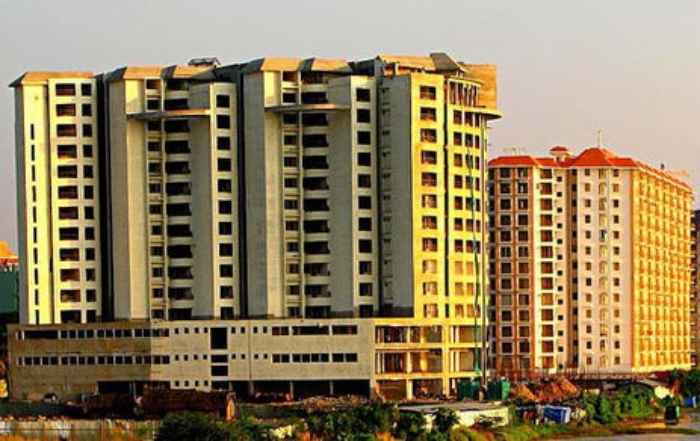The Union Cabinet has approved the Model Tenancy Act that will protect the interest of both tenants as well as landlords. It will help overhaul the legal framework with respect to rental housing across the country and would help spur its overall growth. The Cabinet, chaired by Prime Minister Narendra Modi, stated that the Act will be in “circulation to all States/Union Territories for adaptation by the way of enacting fresh legislation or amending existing rental laws suitably.”
In an official statement after the meeting, the Cabinet said that the Act will facilitate unlocking of vacant houses for rental housing purposes.
“The Model Tenancy Act aims at creating a vibrant, sustainable and inclusive rental housing market in the country. It will enable creation of adequate rental housing stock for all the income groups thereby addressing the issue of homelessness. Model Tenancy Act will enable institutionalisation of rental housing by gradually shifting it towards the formal market,” the statement said.
The government had first released the draft of the MTA in 2019. The Act aims to bridge the trust deficit between tenants and landlords.
“I warmly welcome Cabinet’s decision to approve the #ModelTenancyAct which is aimed at creating a vibrant, sustainable and inclusive rental housing market in the country. The Act will facilitate unlocking 1.1 Crore vacant houses thereby fulfilling PM’s vision of ‘Housing for all,” tweeted PC Mohan, BJP’s sitting MP from Bangalore Central constituency.
Here are the key features of the Model Tenancy Act:
It will enable the creation of adequate rental housing stock for all the income groups thereby addressing the issue of homelessness.
The Act also proposes to set up rent tribunals and rent court to resolve disputes. These are expected to fast-track resolution.
The Act puts up a cap on the amount of security deposit to a maximum of two months of rent in case of residential premises.
Under this Act, the landowner would give a notice in writing three months before revising rent.
According to the MTA, a landowner cannot cut power and water supply in case of a dispute with the tenant.
The Act also stated that a landowner cannot enter the rented premises without 24-hour prior notice to carry out repairs or replacement.









Will Amarinder Singh prove BSY for BJP in Punjab?
Afghanistan crisis: Subjugation of a nation and the Taliban rule
Two-child policy: BJP’s masterstroke before elections in UP?